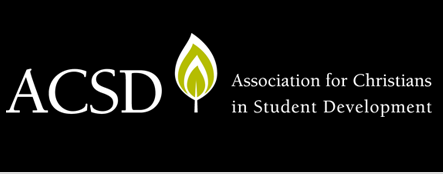Home > Other Collections > ACSD > Growth > No. 2 (2002)
Abstract
Christian colleges wrestle with the creation and maintenance of regulations for correct behavior of campus members (lifestyle agreements). Using theoretical considerations as well as specific application examples, a way is presented to create a lifestyle agreement that is internally consistent and fits the needs of the campus. Specifically, the effect of external constituencies, organizational efficiency, and, most importantly, efforts to develop community, are used to guide the construction of lifestyle agreements. While very specific examples are given, no effort is made to create a one-size-fits-all set of codes. Instead, a framework is constructed to allow a campus to develop a lifestyle agreement suited to its own circumstances. This framework provides colleagues with an approach to answering three specific questions. What should be included in the lifestyle agreement? Who should sign it? When does the lifestyle agreement apply?
Recommended Citation
Bird, Steven P.
(2002)
"Seeking Community: Creating Effective Lifestyle Agreements,"
Growth: The Journal of the Association for Christians in Student Development: Vol. 2:
No.
2, Article 2.
Available at:
https://pillars.taylor.edu/acsd_growth/vol2/iss2/2
Included in
Educational Assessment, Evaluation, and Research Commons, Educational Leadership Commons, Higher Education Commons, Higher Education Administration Commons, Teacher Education and Professional Development Commons

